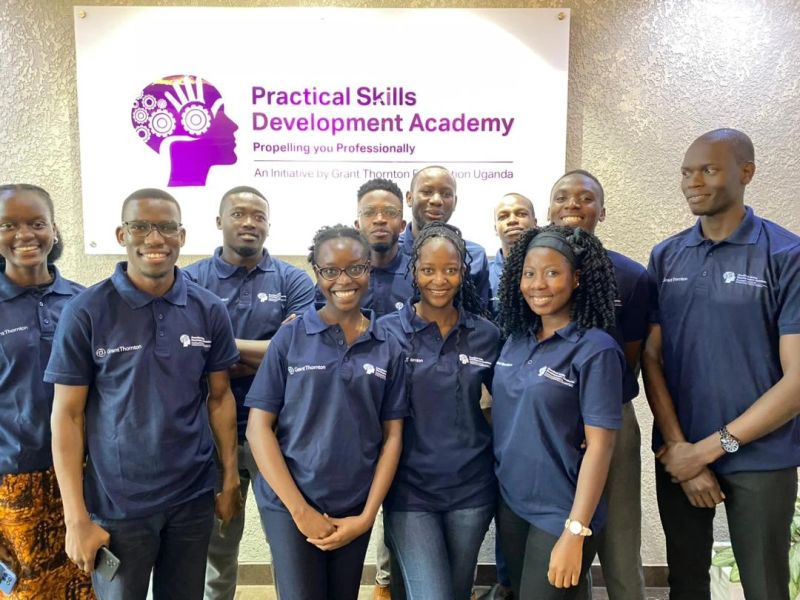Funded Scholarship Opportunities in Infectious Disease Research Uganda 2025/2026 | Makerere University & IDI
- Afri Careers
- Aug 14, 2025
- 2 min read
Updated: Aug 18, 2025
The Research Capacity Building Unit at the Infectious Diseases Institute (IDI), Makerere University, is calling for applications for funded scholarship opportunities in Infectious Disease Research for the 2025/2026 academic year under the O.R. Tambo Africa Research Chair Initiative.
These funded fellowships in Infectious Disease Research are designed to train and retain a new generation of African physician-scientists who will foster prevention, treatment, and research of infectious diseases across Uganda and the continent.

Infectious and neglected tropical diseases remain a leading cause of death in Africa. In Uganda and Sub-Saharan Africa:
Cryptococcal meningitis causes 15–19% of AIDS-related deaths.
TB meningitis remains the deadliest form of tuberculosis.
CNS infections account for 12% of medical admissions in Uganda’s national referral hospital.
Despite these staggering statistics, infectious disease research remains underfunded and under-prioritized, leading to preventable deaths due to delayed diagnosis and treatment. The funded scholarship in Infectious Disease Research at Makerere University seeks to change that.
The program is a partnership between Makerere University, Mbarara University of Science & Technology (MUST), University of Minnesota (USA), and the Centre for the AIDS Programme of Research in South Africa (CAPRISA).
Scholars will receive multidisciplinary research training in:
Immunology
Epidemiology
Biostatistics
Pharmacology
Quality Improvement
Trainees will work on existing infectious disease research platforms or initiate new projects under expert mentorship.
Benefits for Successful Candidates
Recipients of the funded scholarship in Infectious Disease Research Uganda will receive:
Two years of supported training and mentorship during the MMed Internal Medicine program.
Research funding (equipment, materials, data collection).
Workshops in research and career development.
Support for publishing manuscripts and presenting at scientific meetings.
Opportunities for international conference attendance and laboratory exposure.
Leadership and grant-writing training.
Eligibility Criteria
Applicants must:
Have a demonstrable interest in infectious disease research (preferably with prior participation or publications).
Be enrolled in or have completed the MMed Internal Medicine program at Makerere University or MUST.
Possess strong research skills, including epidemiology and statistics.
Demonstrate motivation, independence, teamwork, and strong English communication skills.
Application Requirements
To apply for the funded scholarship in Infectious Disease Research Uganda 2025/2026, submit:
Curriculum Vitae (CV)
1-2 page research concept on an infectious disease topic (including aims, background, methods, justification, and budget).
1-page personal statement on your motivation.
Two reference letters.
Proof of admission to the MMed Internal Medicine program (if applicable).
Contact information (mobile & email).
Key Dates & Deadline
Application deadline: 26th August 2025.
Late or incomplete applications will not be considered.
How to Apply
Interested candidates should prepare their documents as outlined and submit them to the Infectious Diseases Institute (IDI), Makerere University before the deadline.
This funded scholarship in Infectious Disease Research Uganda 2025/2026 is an exceptional opportunity for passionate physician-scientists to contribute to Africa’s health research landscape while advancing their careers. If you are committed to making a real impact in infectious disease prevention, treatment, and research, this is your chance to join a network of leading scientists and institutions shaping the future of healthcare in Africa.




Comments